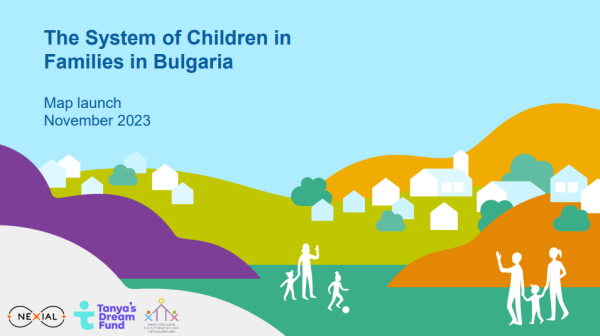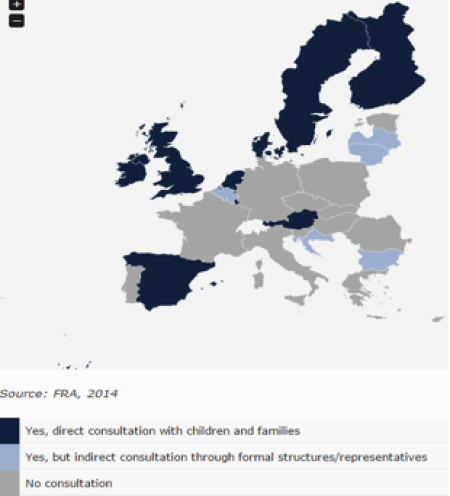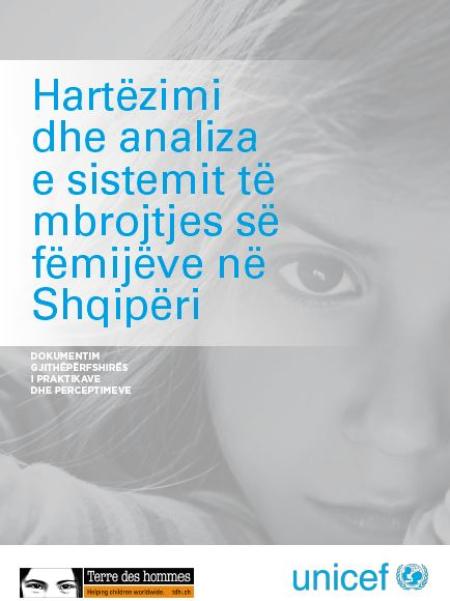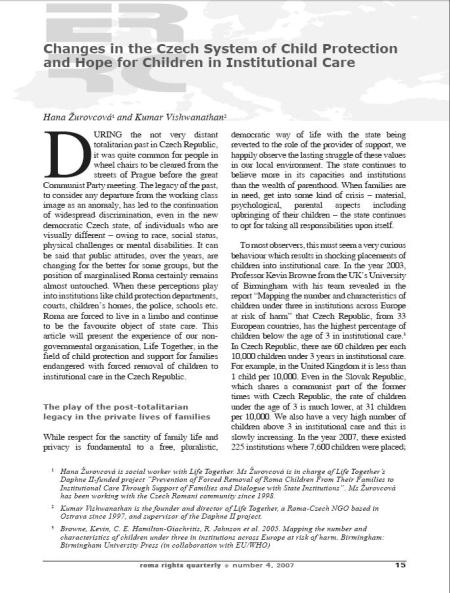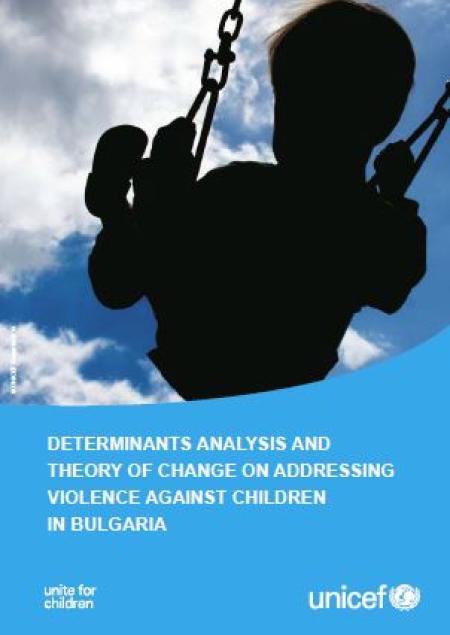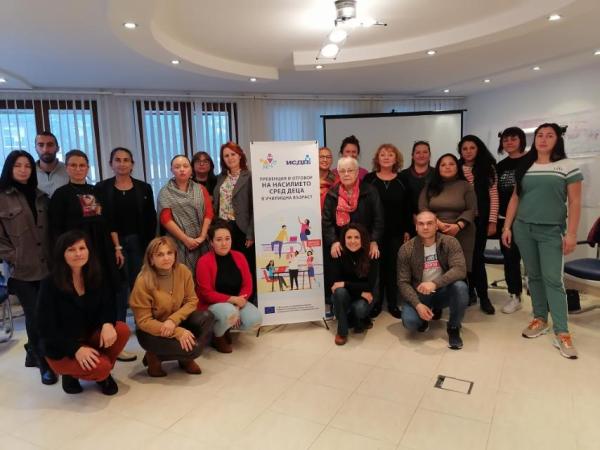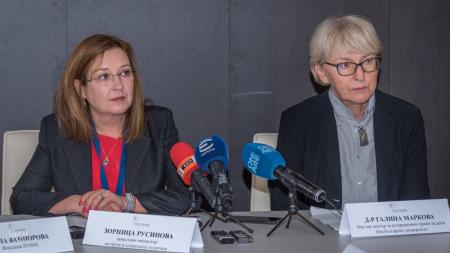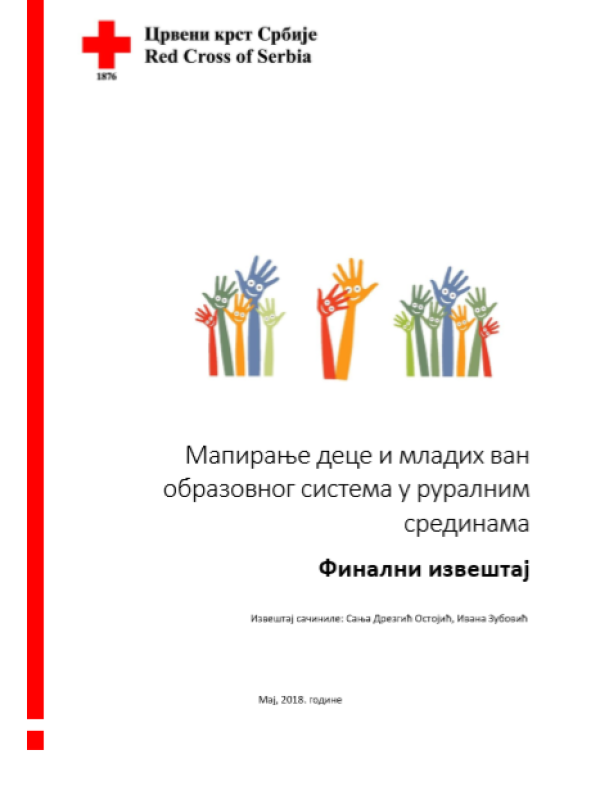Nexial and the Know-how Centre for Alternative Care for Children in Bulgaria are offering a free training for those child protection specialists who are interested in redesigning the system of child protection and care in Bulgaria. The System Change Training programme will be held in Englis on Tuesdays at 3-5pm EET on April 16, April 23, April 30 (3 x 2-hour sessions over 3 weeks). The programme if offering four Bulgarian streams over the next few months, in groups based on participants’ roles in the system.
If you’re working in a related area and are interested in the System Change Training, please reach out to jess.hewitt@nexial.co (English stream) or elitsa.lingorski@gmail.com (Bulgarian stream).
The background of this programme: System Map & System Change Training
Throughout 2023 and 2024 Nexial and Know-how Centre for Alternative Care for Children are delivering an online programme of learning, focused on systems thinking and equipping the community with tools to support change, thanks to the support of Tanya’s Dream Fund. Systems thinking and mapping integrate knowledge and perspectives from different players and parts of the system. This helps us to make sense of complex issues and create a shared understanding of the situation with a common language. This process develops the ownership, trust and mindset-shifts that are needed for joined-up action with strength to drive real change.
In November 2023 the System of Children in Families in Bulgaria Map was launched. This tool was co-created by Bulgarian stakeholders, Nexial, Know-how Centre for Alternative Care and Spring Impact thanks to the support of Tanya’s Dream Fund. The goal of the map is to increase awareness of the system of child protection and care in Bulgaria, including key stakeholders, deep structural issues and how those issues might change through strategic intervention.
You can view the digital maps here:
English map: https://nexial.co/maps/tdf
Bulgarian map: https://nexial.co/maps/tdfbg
System Change Training
Building on the system map launch, the stakeholders recently commenced the online System Change Training programme. In the programme they will continue working with the community to promote radical system redesign conversations and to move towards a system that supports parents and keeps more children within families in Bulgaria. You can read more about the programme here: https://linktr.ee/children_in_families


